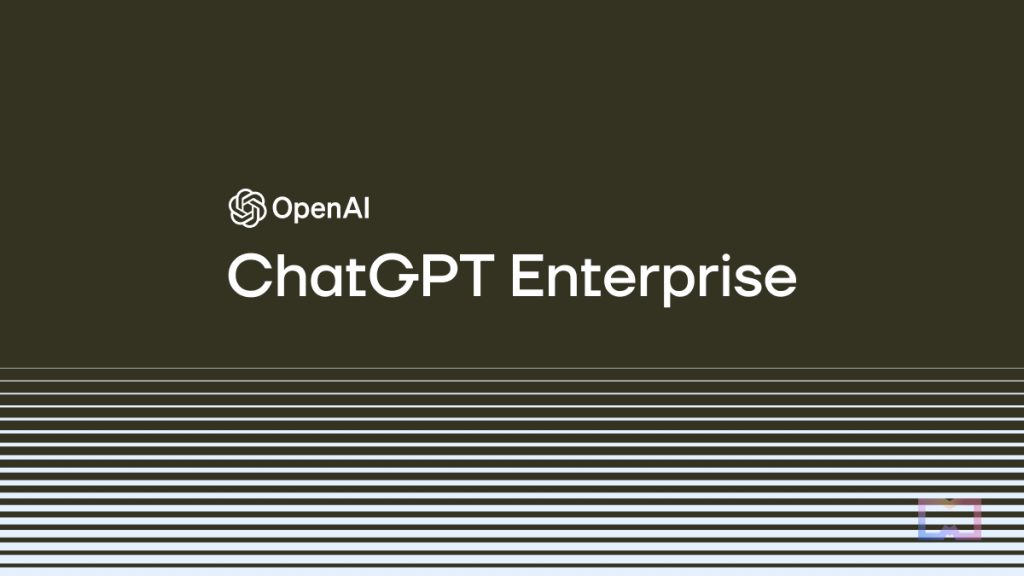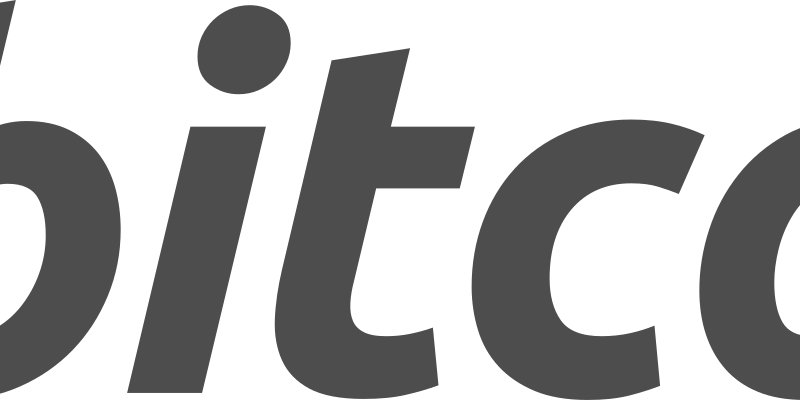OpenAI launched ChatGPT Enterprise: Here’s What We Know

OpenAI has recently introduced ChatGPT Enterprise, a specialized version of its chatbot designed for businesses to securely leverage its capabilities. This enterprise edition grants businesses unlimited access to the powerful GPT-4 version of the chatbot, along with the ability to process longer inputs using extended context windows. Users can now process inputs or files that are four times longer than what the standard version allows. Additionally, ChatGPT Enterprise offers users Custom Instructions, which enables them to personalize the chatbot’s responses or output. Another useful tool included is the Code Interpreter, allowing ChatGPT to perform detailed data analytics and visualization without requiring users to write any code. These features were previously only available in the premium $20 monthly version, ChatGPT Plus.
Advanced Features and Tools in ChatGPT Enterprise
According to OpenAI, the Enterprise version of ChatGPT is up to twice as fast as the standard version, offering businesses improved efficiency. Users can also create custom chat templates and streamline common workflows, enhancing productivity and convenience. Pricing details for ChatGPT Enterprise have not been disclosed, as OpenAI believes in customizing prices to meet the specific requirements of each business. Additionally, each business will receive credits to utilize OpenAI’s API.
OpenAI’s vision revolves around leveraging AI to enhance productivity and creativity in the business world. ChatGPT Enterprise has generated significant interest, as employees from more than 80% of Fortune 500 companies have already signed up to use it. However, some major companies, including Accenture and Verizon, have barred their staff from using ChatGPT for work, expressing concerns about privacy and the potential compromise of sensitive information. This apprehension stems from a previous incident involving Samsung, where employees entered confidential company data into the OpenAI chatbot, resulting in the data becoming public. As a consequence, Samsung now prohibits its employees from utilizing ChatGPT for work purposes.
Related: Chat GPT-4 vs. Its Predecessor: What You Need to Know
Privacy Concerns and Adoption Challenges
In response to these privacy concerns, OpenAI emphasizes that ChatGPT Enterprise empowers businesses by giving them control over their data. The company commits to not training its models on business user data or conversations, ensuring that they do not learn from usage. Moreover, ChatGPT Enterprise complies with SOC 2, a voluntary standard that guides organizations on managing customer data securely. All communication within ChatGPT Enterprise is encrypted both in transit and at rest, and OpenAI provides an admin console that enables companies to manage how team members use the chatbot.
Several prominent companies, including Block (formerly Square), Canva, PwC, and The Estée Lauder Companies, are already early adopters of ChatGPT Enterprise. OpenAI’s ultimate goal is to commercialize its popular chatbot, as running ChatGPT comes with high costs. OpenAI CEO Sam Altman noted that enabling its use for 100 million people a month costs millions of dollars. In conjunction with the launch of ChatGPT Enterprise, OpenAI plans to open source some of its large language models for enterprise use cases. The company has partnered with Scale AI to fine-tune GPT 3.5, which powers the basic version of ChatGPT, for various business applications. OpenAI also intends to release a fine-tuned version of GPT-4 later this fall. Meanwhile, Microsoft has introduced its own open-source alternative to ChatGPT called ChatGPT on its Azure platform.






